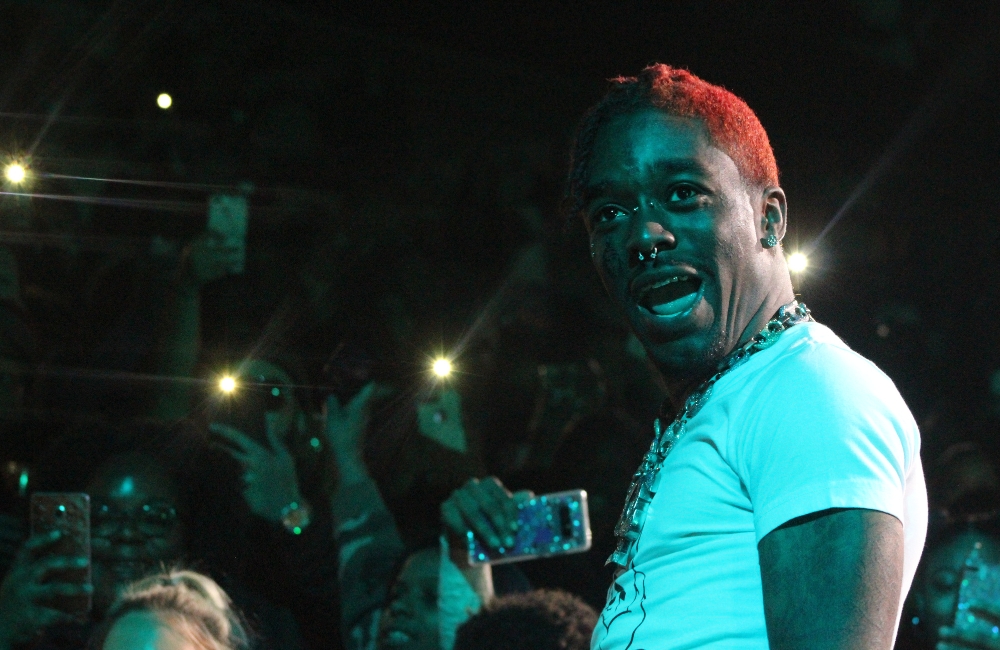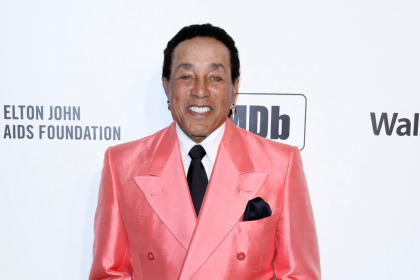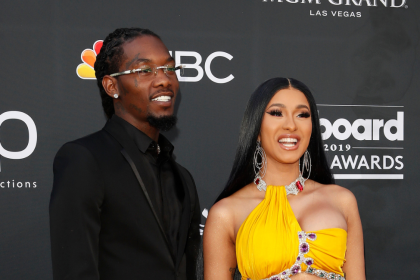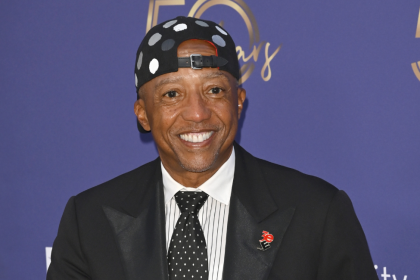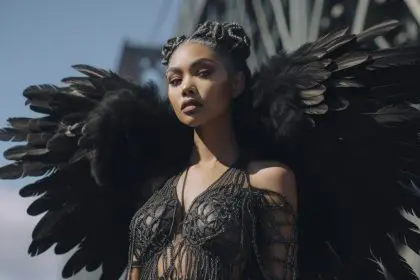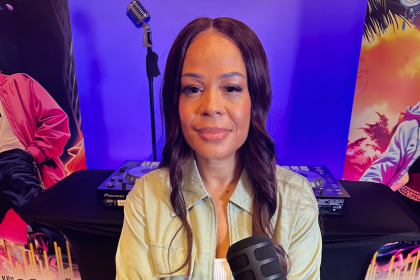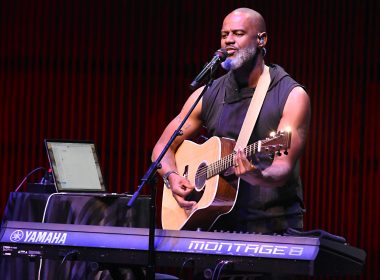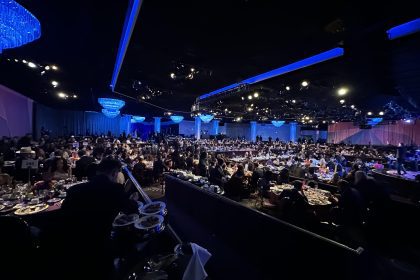Lil Uzi Vert‘s recent appearance on Pitchfork’s Over/Under series has ignited meaningful discussions about body autonomy and substance abuse awareness. The Philadelphia-born rapper’s candid commentary during the December 30 episode demonstrates his evolution as a cultural voice, addressing two significant issues affecting modern society: cosmetic surgery acceptance and drug safety awareness. His willingness to tackle these sensitive topics head-on reflects a growing trend among hip-hop artists who use their platforms for more than entertainment.
Challenging beauty narratives
The conversation surrounding Brazilian Butt Lifts (BBLs) has long been contentious within the entertainment industry and broader society. Uzi’s perspective brings fresh insight to this ongoing dialogue, particularly within the African American community where beauty standards continue to evolve. The rapper’s support for individual choice in cosmetic procedures reflects a growing movement toward body autonomy and self-determination in personal aesthetics.
The implications of Uzi’s stance on BBLs extend beyond surface-level discussions of beauty. His comments challenge traditional narratives about cosmetic surgery, especially within the hip-hop community where authenticity is highly valued. By supporting women’s choices to modify their bodies, he contributes to a broader conversation about bodily autonomy and self-expression in modern society.
Cultural impact and community response
The significance of Uzi’s statements extends beyond mere celebrity commentary. His words resonate deeply within hip-hop culture, where discussions about beauty standards have historically been complex and often contradictory. The rapper’s advocacy for personal choice in body modification represents a shift in traditional hip-hop narratives, encouraging a more nuanced understanding of beauty and self-expression.
This cultural shift comes at a time when social media and celebrity influence increasingly shape beauty standards. Uzi’s platform provides an opportunity to address these influences directly, acknowledging both the personal and societal implications of cosmetic procedures. His approach demonstrates an understanding of the complex relationship between individual choice and societal pressure.
Addressing substance abuse concerns
In a striking demonstration of social responsibility, Uzi transitions from beauty standards to public health advocacy. His strong stance against nitrous oxide use demonstrates an understanding of his platform’s influence. The artist’s warning about the dangers of whippets carries particular weight given his typically permissive attitude toward recreational activities, making his cautionary message even more impactful.
The decision to speak out against nitrous oxide use reflects a growing awareness of substance abuse issues within the entertainment industry. By sharing his perspective, Uzi contributes to an important dialogue about drug use and its consequences, particularly among young people who may be vulnerable to peer pressure and experimentation.
Medical perspectives and public health implications
The discussion of both BBLs and nitrous oxide use intersects with important public health considerations. While cosmetic procedures continue to advance in safety and technique, substance abuse remains a critical concern in communities nationwide. Medical professionals have long emphasized the risks associated with both BBLs and nitrous oxide use, making Uzi’s platform an important vehicle for public health messaging.
The growing popularity of BBLs has led to increased scrutiny of their safety and long-term effects. Similarly, the accessibility of nitrous oxide has raised concerns about its potential for abuse, particularly among younger demographics. Uzi’s comments help bring these issues to the forefront of public consciousness, potentially influencing how people approach both cosmetic procedures and recreational drug use.
Youth influence and responsibility
As a prominent figure in contemporary hip-hop, Uzi’s influence on young audiences cannot be understated. His balanced approach to personal choice and safety awareness provides a template for responsible celebrity advocacy. By supporting body positivity while warning against dangerous substances, he demonstrates the complex role modern artists play in shaping youth perspectives.
The impact of his messaging is particularly significant given the parasocial relationships many young fans develop with music artists. His ability to address controversial topics while maintaining authenticity helps create meaningful dialogue about personal choices and their consequences. This approach to celebrity influence represents a more nuanced understanding of public platform responsibility.
The impact of Uzi’s statements extends beyond entertainment, contributing to broader societal discussions about personal autonomy and health responsibility. His willingness to address these topics openly creates space for more nuanced conversations about beauty standards and substance abuse within the hip-hop community and beyond.

